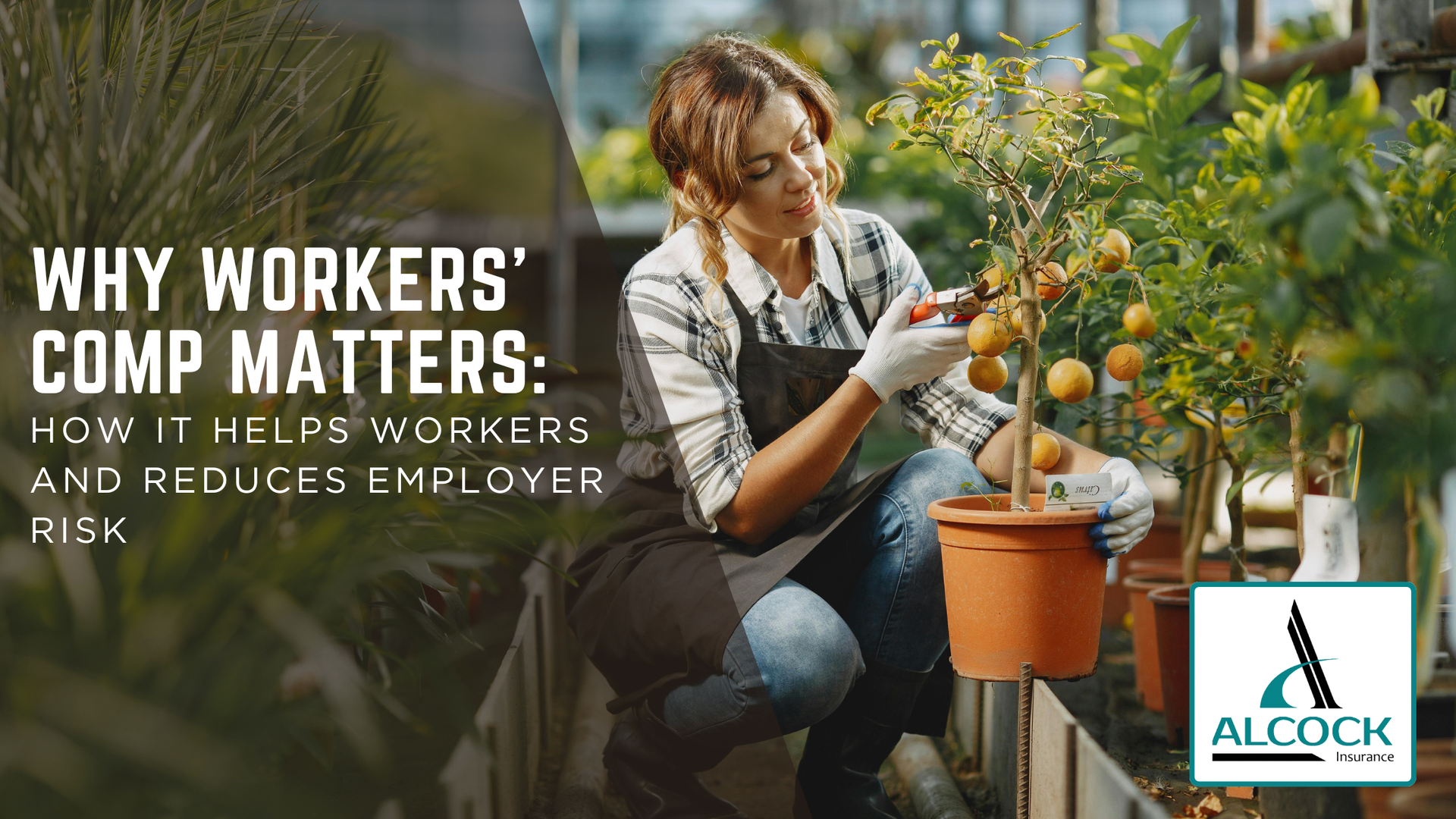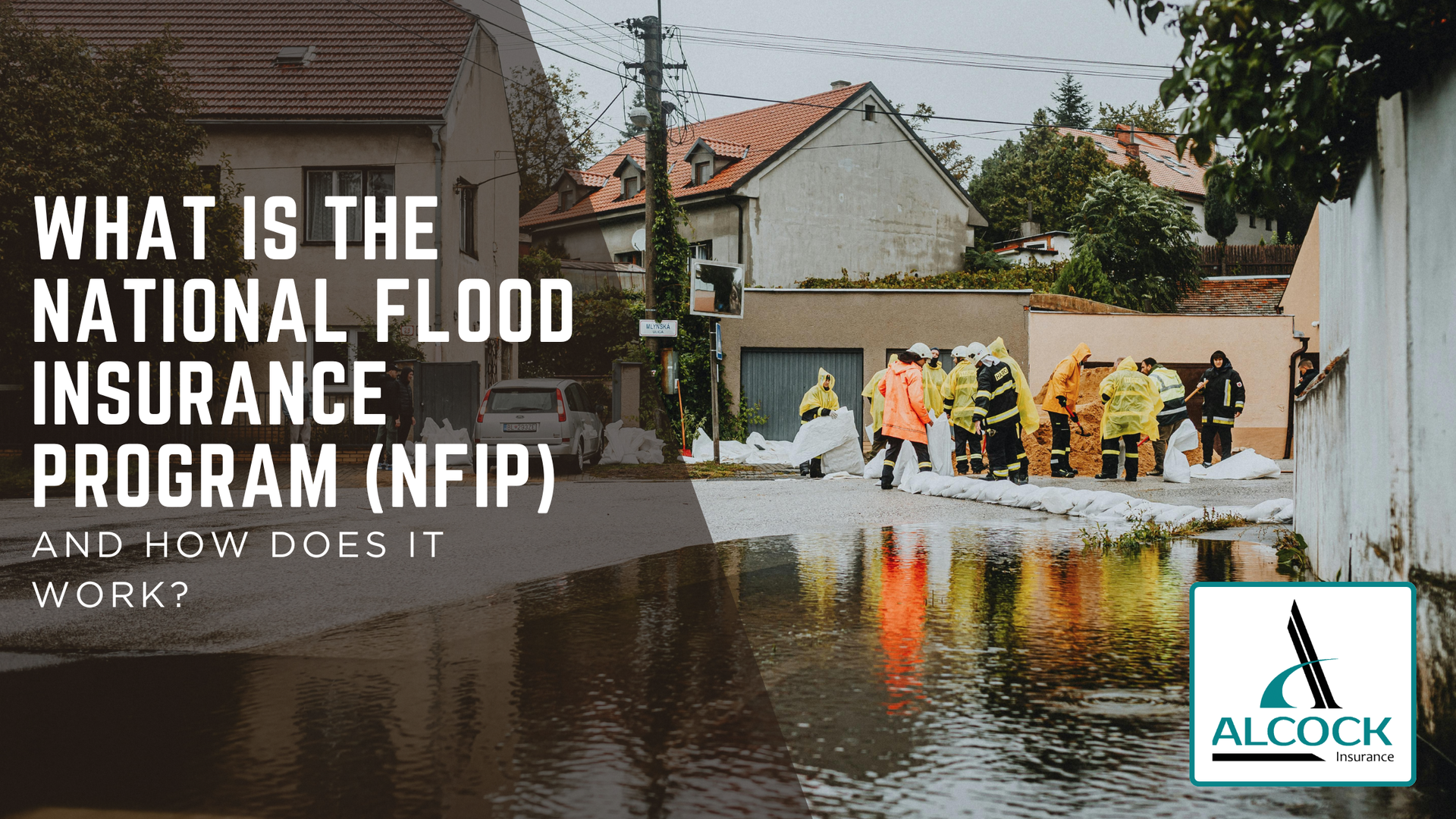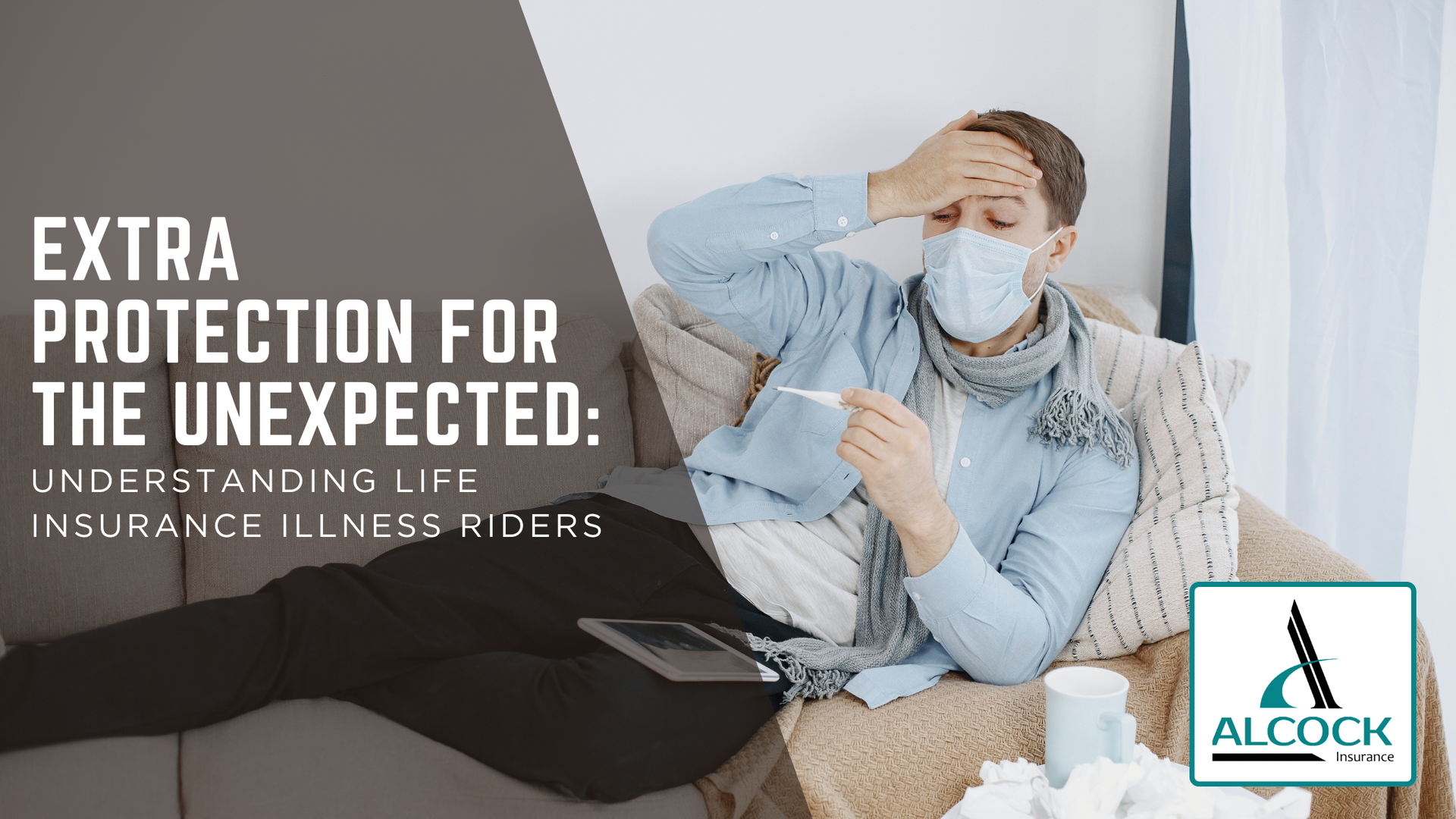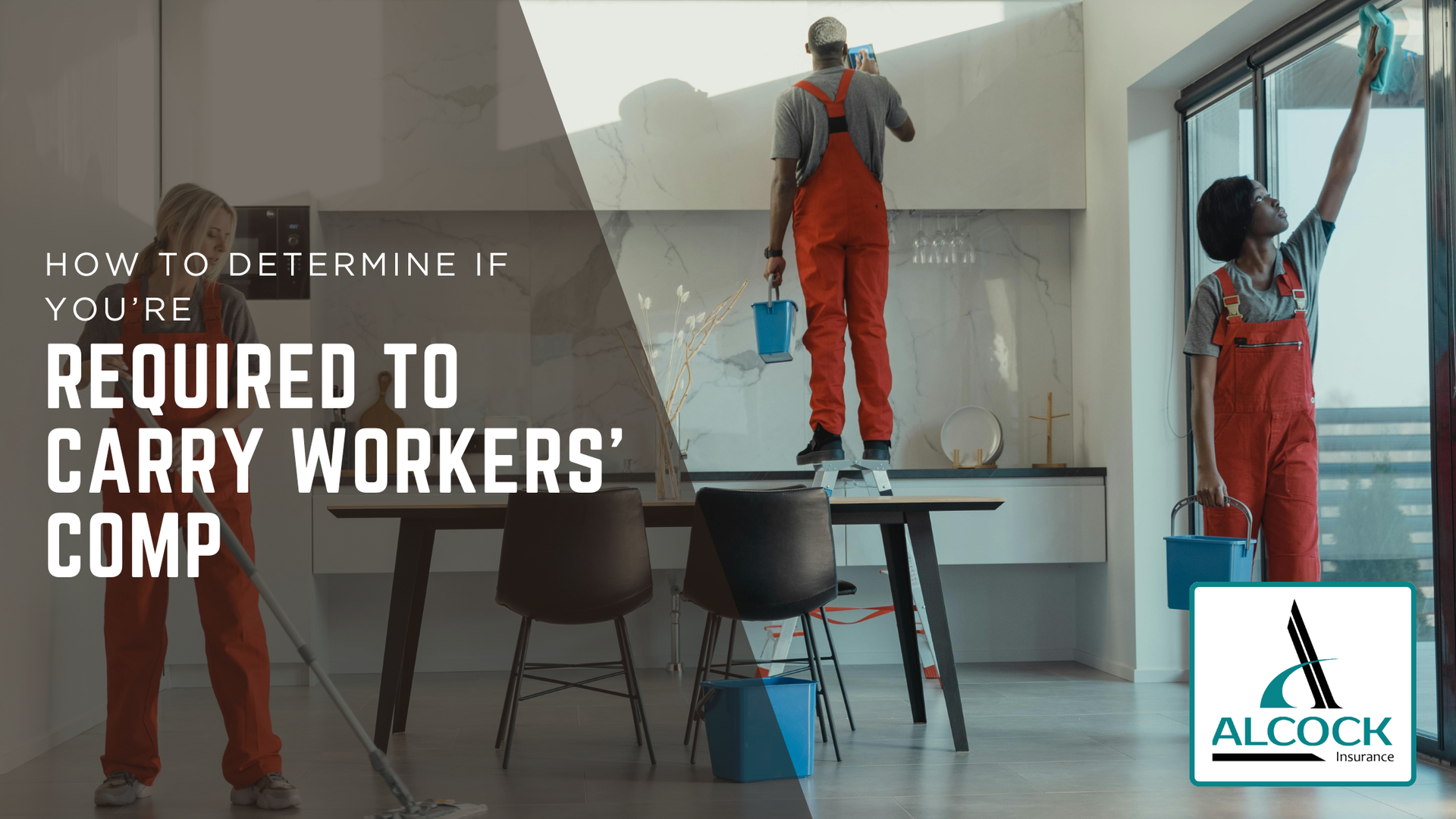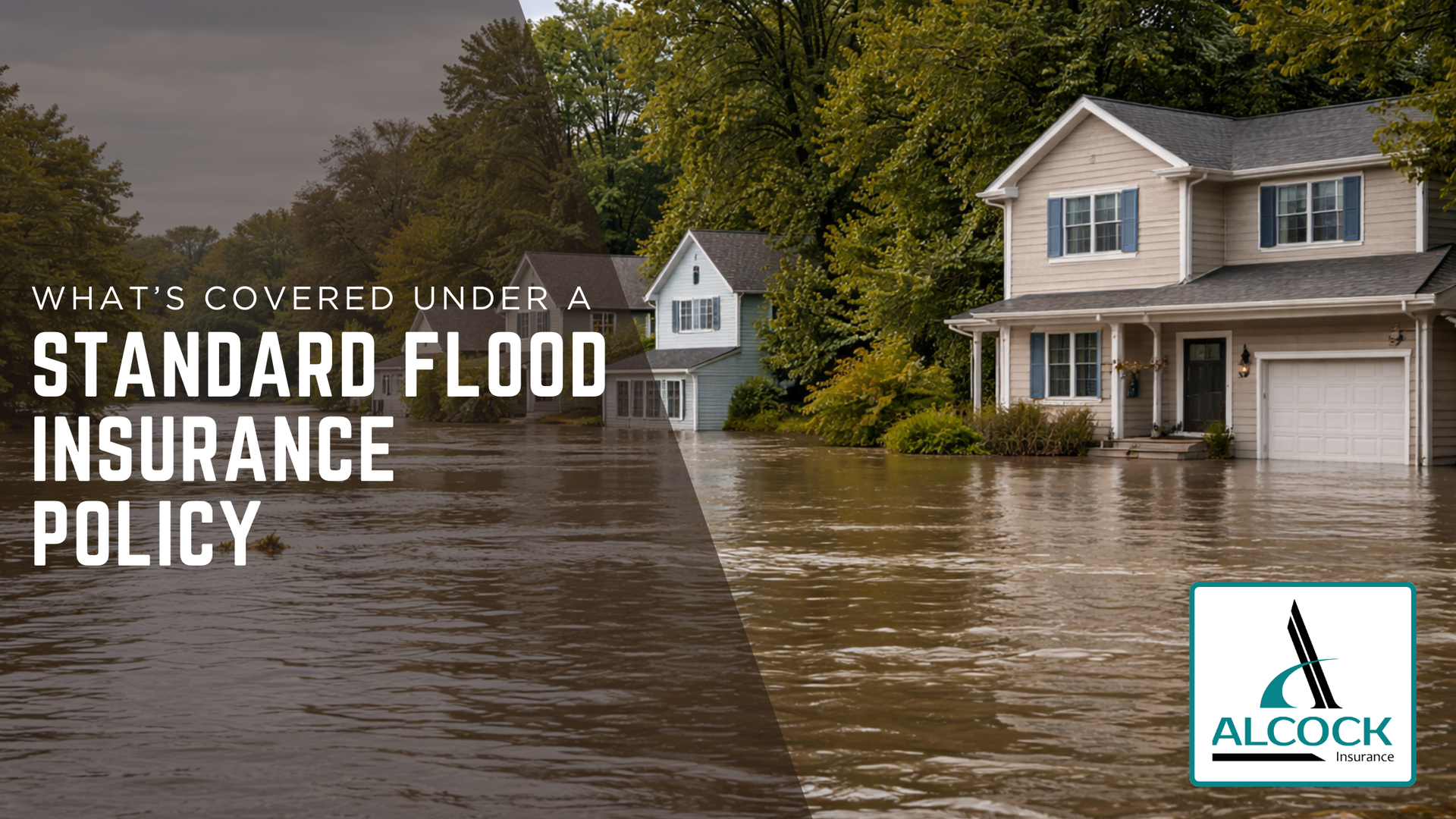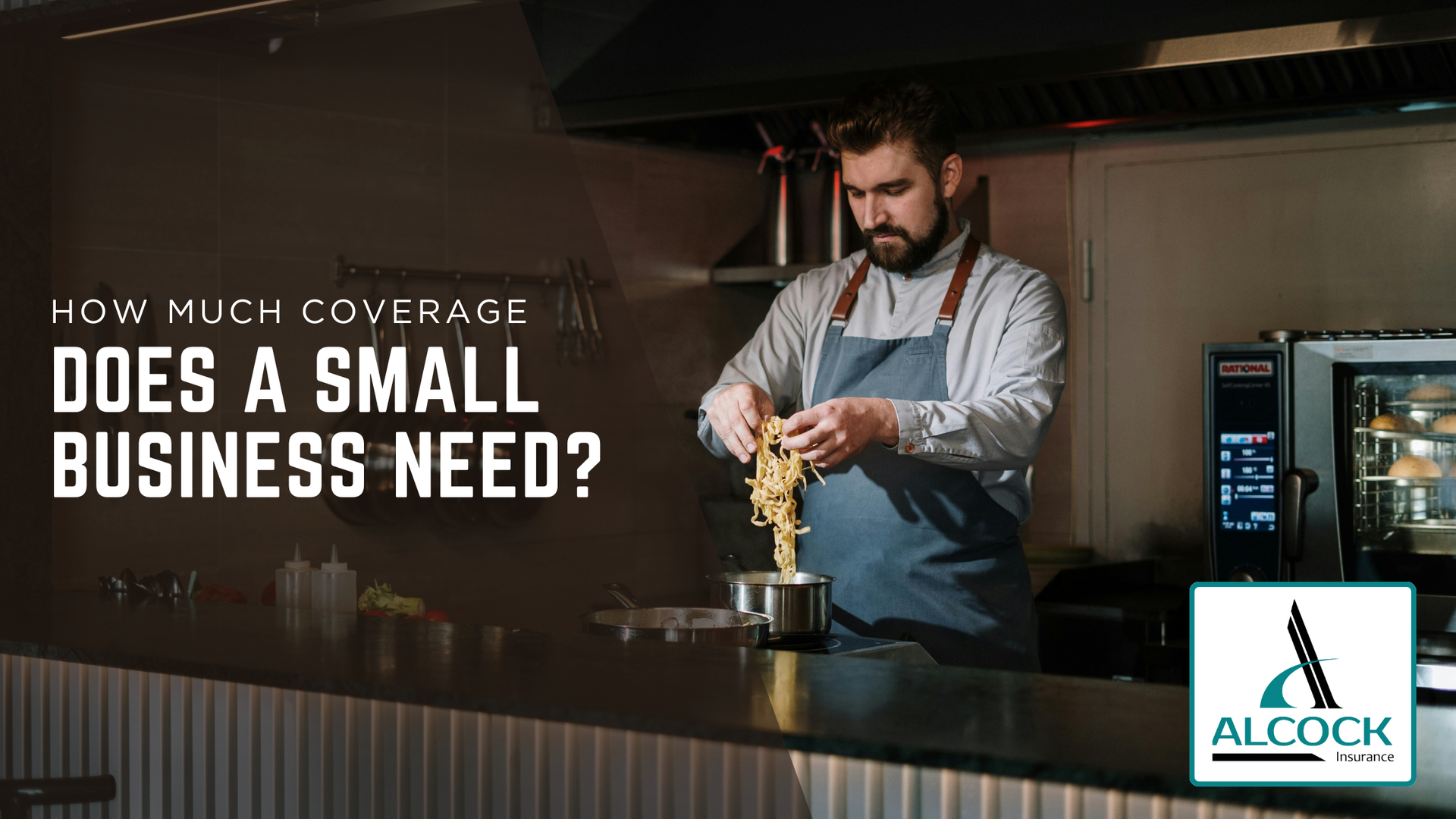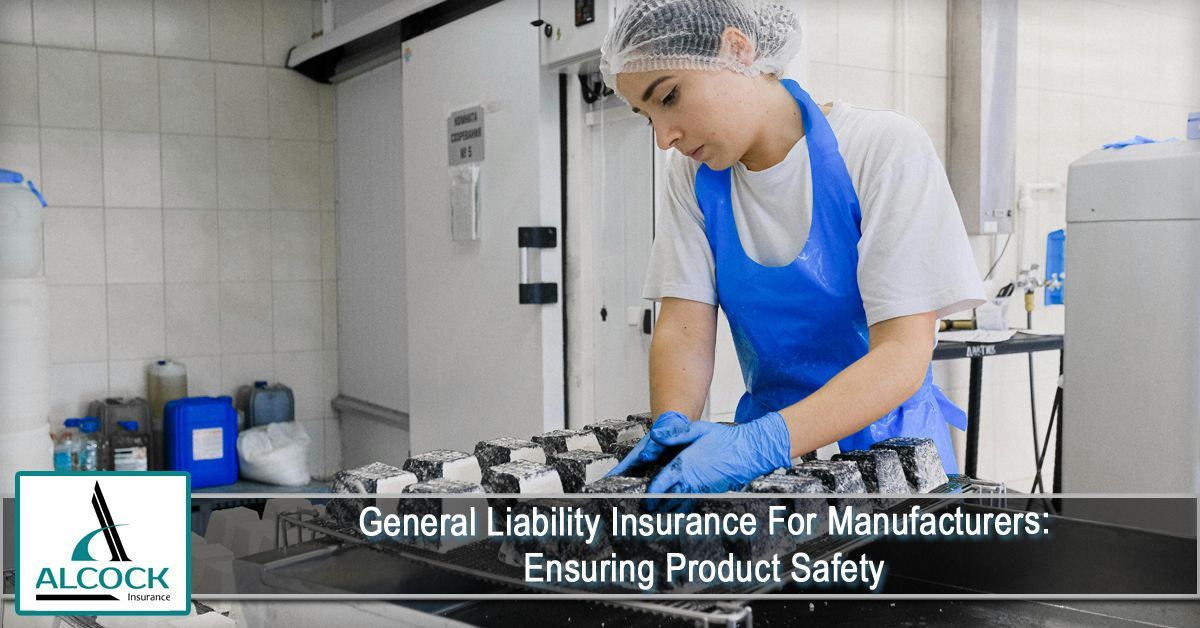
In the manufacturing industry, product safety and liability are paramount. General liability insurance is a crucial component of a manufacturer’s risk management strategy, providing protection against a range of potential liabilities that could arise from product defects, accidents, and other unforeseen events. This blog will explore the importance of general liability insurance for manufacturers, how it ensures product safety, and what to look for when selecting a policy.
Understanding General Liability Insurance
General liability insurance (GLI) offers protection against various risks that businesses may encounter. For manufacturers, this coverage is essential in safeguarding against financial losses related to:
- Bodily Injury: Claims arising from injuries sustained by third parties on your premises or due to your products.
- Property Damage: Damage caused to someone else’s property as a result of your business operations or products.
- Product Liability: Claims related to defects in products that cause harm or damage.
- Advertising Injuries: Legal claims related to false advertising or copyright infringement.
Why General Liability Insurance is Crucial for Manufacturers
1.Product Liability Protection
Manufacturers face significant risks related to product defects and safety issues. General liability insurance provides coverage for claims arising from injuries or damages caused by defective products. This includes:
- Design Defects: Flaws in the design of a product that make it inherently dangerous.
- Manufacturing Defects: Issues that occur during the production process, resulting in a dangerous product.
- Marketing Defects: Inadequate instructions or warnings that lead to misuse and subsequent injury.
With comprehensive general liability insurance, manufacturers can manage the financial impact of product liability claims, including legal fees, settlements, and damages.
2.Premises Liability Coverage
Manufacturers often have facilities where customers, vendors, or contractors may visit. General liability insurance covers claims related to accidents or injuries that occur on your premises. This can include:
- Slip and Fall Accidents: Injuries resulting from unsafe conditions or hazards in your facility.
- Property Damage: Damage caused to third-party property during business operations or by your employees.
Ensuring that your premises are safe and well-maintained is crucial, but having insurance coverage offers an additional layer of protection against liability claims.
3.Legal and Settlement Costs
Defending against liability claims can be costly. General liability insurance helps cover legal fees, court costs, and settlements. This is particularly important for manufacturers who may face complex litigation involving multiple parties or jurisdictions. Coverage helps mitigate the financial burden and ensures that you can focus on running your business rather than managing legal issues.
4.Customer Confidence
Demonstrating that you have general liability insurance can enhance customer confidence in your products and business. Clients and partners often prefer to work with manufacturers who are adequately insured, as it reflects a commitment to quality and responsibility. Insurance coverage can also be a requirement for entering into contracts or securing business partnerships.
Choosing the Right General Liability Insurance for Manufacturers
1.Assess Your Risks
Evaluate the specific risks associated with your manufacturing processes and products. Consider factors such as:
- Type of Products: The potential hazards associated with your products.
- Production Processes: Risks related to machinery, materials, and handling procedures.
- Facility Conditions: Safety measures in place and the likelihood of accidents.
A thorough risk assessment helps determine the appropriate coverage limits and policy provisions.
2.Coverage Limits
Select coverage limits that adequately protect against potential liabilities. Consider:
- Per Occurrence Limit: The maximum amount the insurance will pay for a single claim.
- Aggregate Limit: The total amount the insurance will pay for all claims within a policy period.
Ensure that these limits align with your business’s size, scope, and risk exposure.
3.Additional Endorsements
Depending on your business needs, you may need additional endorsements or riders to your general liability policy, such as:
- Product Recall Insurance: Coverage for the costs associated with recalling defective products.
- Environmental Liability: Protection against claims related to environmental damage caused by your operations.
Discuss these options with your insurance provider to tailor the policy to your specific requirements.
4.Insurance Provider
Choose a reputable insurance provider with experience in manufacturing and a strong track record of handling liability claims. Review customer testimonials, policy terms, and claim handling procedures to ensure you select a provider that meets your needs.
Conclusion
General liability insurance is a critical component of risk management for manufacturers, providing essential protection against product liability, premises liability, and legal costs. By understanding the importance of this coverage and carefully selecting the right policy, manufacturers can safeguard their businesses, enhance customer confidence, and ensure product safety. Regularly reviewing and updating your insurance policy will help you stay protected as your business evolves and grows. With the right general liability insurance, you can focus on innovation and production, knowing you have a solid foundation to manage potential risks.
At Alcock Insurance, we are committed to offering our clients a wide range of comprehensive and affordable insurance policies. We go above and beyond to ensure that we meet your unique needs with tailored solutions. To find out more about how we can assist you, please reach out to our agency at (252) 353-1700 or CLICK HERE to request a free, no-obligation quote.
Disclaimer: The content provided in this blog is for informational purposes only and should not be considered professional advice. For personalized guidance, it is important to consult with a qualified insurance agent or professional. They can offer expert advice tailored to your individual situation and help you make well-informed decisions about your insurance coverage.
